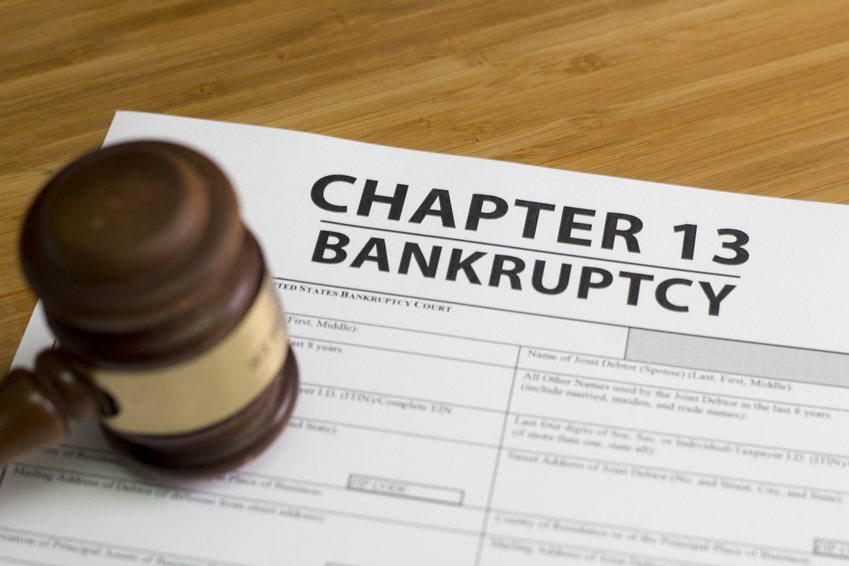If trouble with finances continues to pile up, it may be time to consider your bankruptcy options. Through bankruptcy, individuals are able to create a financial plan to mend their finances and prepare for a better future ahead of them. Although bankruptcy may have a bad stigma, it is not something to avoid at all costs because it is put in place to help people in need. With no other options other than bankruptcy, it can be the best way to improve your situation and provide hope.
Individuals can consider two options for bankruptcy: Chapter 7 and Chapter 13. These two options present you with the opportunity to get your finances in order. These options are available to re-plan for finances and allow for room to breathe. Before filing for bankruptcy, people have to be eligible.
Prior to filing for Chapter 7 bankruptcy, individuals must undergo credit counseling by a United States approved agency and attend a debtor education course. Then they must pass the means test. The means test compares their income to the median income in the country. They can be eligible for bankruptcy if their income is below the median income.
There is also a ton of paperwork involved in the process. A petition for bankruptcy must be completed. On this form, you will be asked to claim a list of all debts, an account of your income, your monthly living expenses and a list of all assets, including real estate and personal possessions. Once the paperwork is completed, the automatic stay goes into effect.
When filing for Chapter 13 bankruptcy, the process is similar. You need to receive credit counseling within 180 days before filing; however, if another petition was dismissed within the 180 days, you cannot file. You should gather documents that include a list of liabilities, assets and property, a statement of financial affairs, a list of executory contracts and unexpired leases, proof of credit counseling and any plan developed to handle the matter, income payments within 60 days prior to filing, monthly net income and any indication of a rise in income or expenditures and interests the debtor has in state or federally-qualified education or tuition accounts.
Once all the required paperwork is filed, the automatic stay will go into effect as well. This can be seen as one of the most beneficial parts of filing for bankruptcy since you will not have to face harassment from creditors.
What is an automatic stay?
An automatic stay is a part of the bankruptcy process. When you file for bankruptcy, an automatic stay is put in place immediately to stop creditors from contacting you. The automatic stay will give you the space you need to create a repayment plan and better assess your finances with the help of an experienced professional. Since creditors are barred from contacting you, it can relieve some stress you are facing.
If you are in need of experienced legal counsel for matters of personal injury, medical malpractice, medical device injuries, unsafe drug injuries, consumer protection, bankruptcy, SSD, or criminal law in New Jersey, please contact Tomes Law Firm, PC and we will be happy to assist you.

